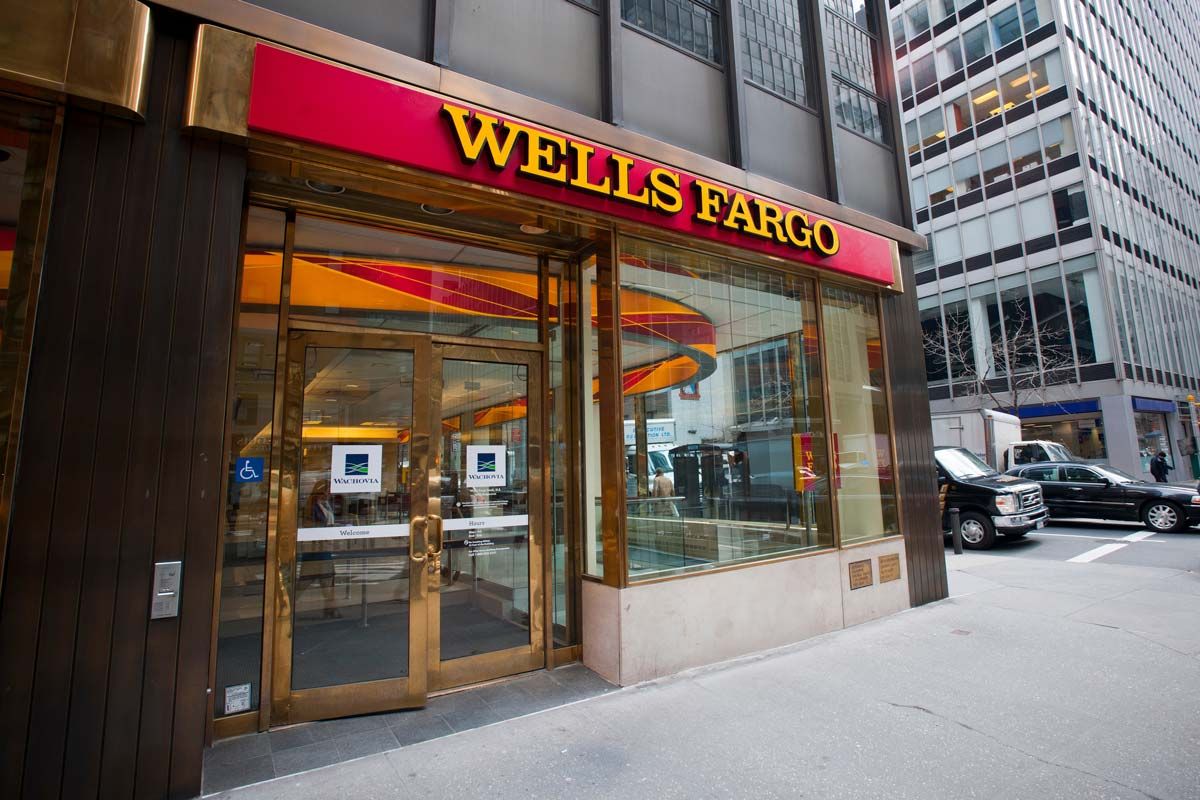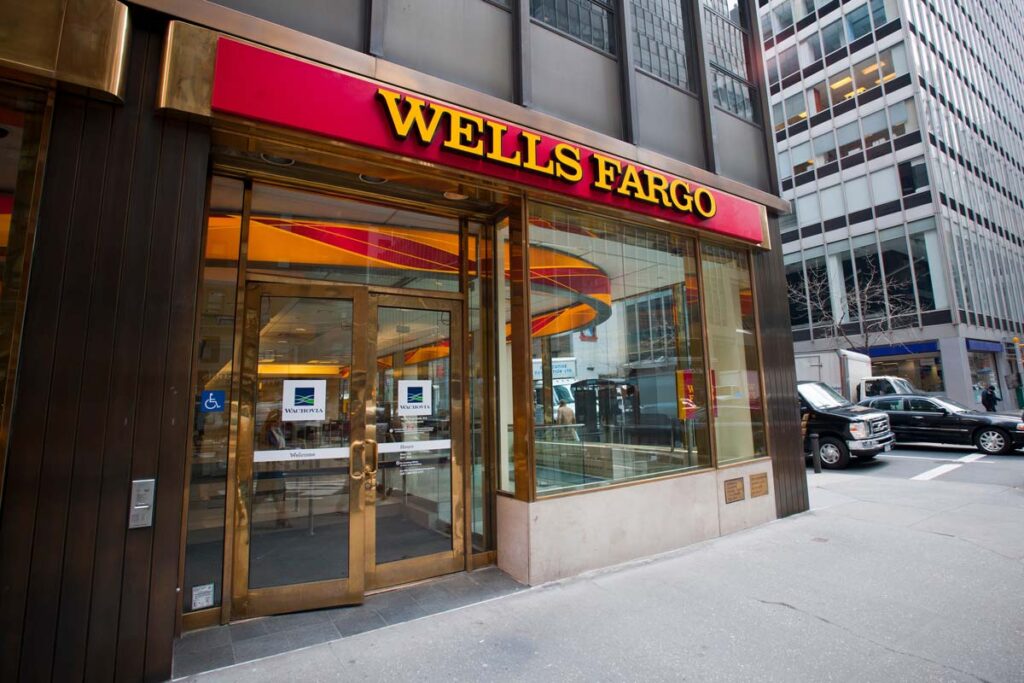Class action lawsuit: Wells Fargo’s “free trial” was marketing fraud



Wells Fargo Class Action Lawsuit Overview:
- WHO: The plaintiffs asked the judge not to grant Wells Fargo’s motion for summary judgment.
- Why: They claim their class action lawsuit against Wells Fargo shows that the bank knowingly participated in a marketing scam and ignored obvious signs of fraud.
- Where: The class action lawsuit against Wells Fargo was filed in federal court in California.
A Wells Fargo class action lawsuit over the bank’s alleged involvement in a free trial scam should go ahead, plaintiffs in the case argue in a motion opposing the bank’s motion for summary judgment.
The class action lawsuit against Wells Fargo was originally filed in 2021, accusing the bank of knowingly perpetrating a marketing scam that turned supposedly free trials into costly subscriptions that were difficult to cancel, ultimately defrauding consumers of $200 million.
Triangle Media Corp. and Apex Capital Group LLC were reportedly involved in the scheme. The Federal Trade Commission had filed a lawsuit against them, but the lawsuit has since been settled.
Triangle and Apex allegedly marketed “free trials” of nutritional supplements and personal care products online. Consumers were tricked into believing they were only paying shipping and handling costs, but were allegedly unwittingly enrolled in subscription programs that were difficult to cancel.
The class action lawsuit against Wells Fargo alleges that the bank maintained deposit accounts that were used in the free trial scam.
Class action lawsuit against Wells Fargo: Bank knowingly helped fraudsters
On July 8, plaintiffs opposed Wells Fargo’s latest motion for summary judgment, arguing that a “mountain of facts” show that the bank knew about the alleged fraud and fraudulent transfers for years and “performed uncharacteristic banking services” to facilitate the fraud.
They point to evidence that Wells Fargo knew the high-risk nature of these scams because the companies’ business models were known to result in many chargebacks from customers who were unable to cancel their subscriptions or receive a refund.
“Merchant processors view rising chargebacks as a strong sign of fraud and will terminate a retailer’s account if its chargeback rate exceeds the industry standard of 1%,” the plaintiffs explain. “For this and other fraud-related reasons, processors have routinely terminated the companies’ accounts.”
The companies therefore needed new deposit accounts and allegedly opened dummy accounts with Wells Fargo, and the bank “intentionally ignored obvious signs of fraud” in order to maintain its business relationship with the fraudsters, court documents say.
The plaintiffs allege that a “symbiotic relationship” developed between Wells Fargo and the companies. The fraudsters regularly required new dummy accounts to circumvent the payment processors’ anti-fraud measures. In addition, Wells Fargo employees, who were under pressure to open new accounts, regularly ignored signs of fraud.
Another current Class action lawsuit against Wells Fargo claims that the bank does not compensate customers in case of fraud.
What do you think about the allegations in the class action lawsuit against Wells Fargo? Join the discussion in the comments.
The plaintiffs are represented by Jonathan M. Rotter, Melissa C. Wright, Garth A. Spencer and Gregory B. Linkh of Glancy Prongay & Murray LLP and Logan Smith of McNamara Smith LLP.
The Wells Fargo free trial class action lawsuit Is McNamara v. Wells Fargo & Co. et al.Case No. 3:21-cv-01245, in the U.S. District Court for the Southern District of California.
Read more about class action lawsuits and class action settlements:



